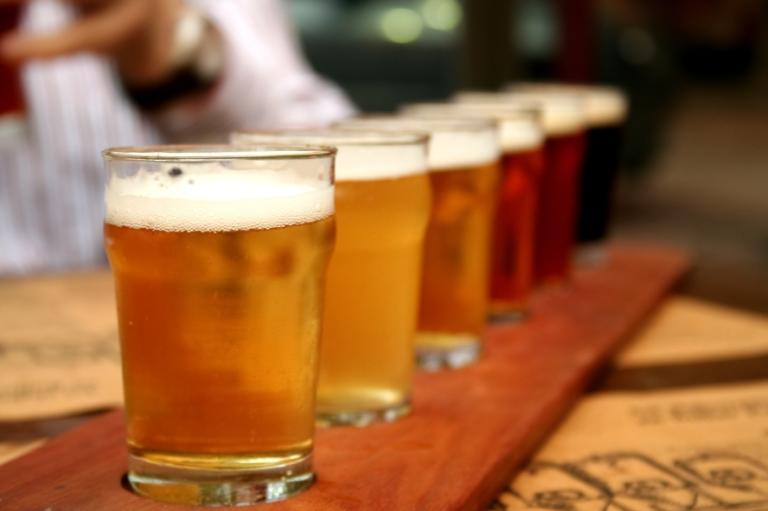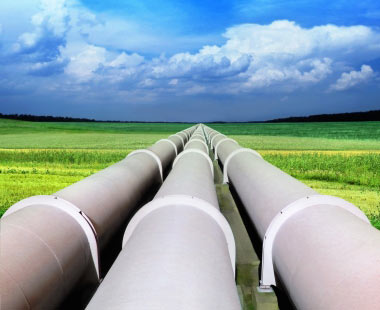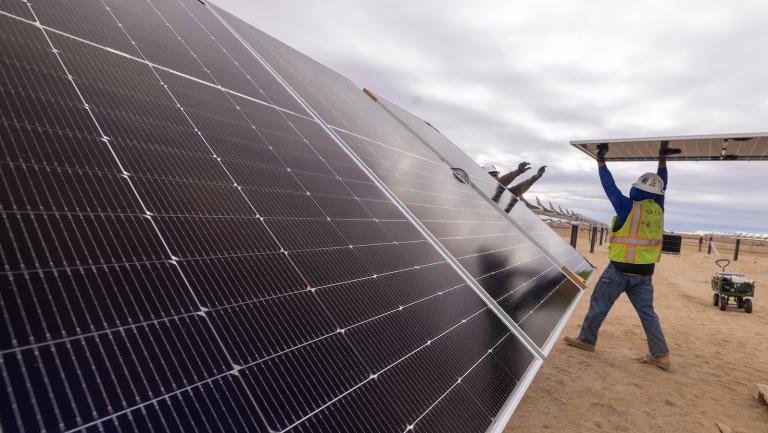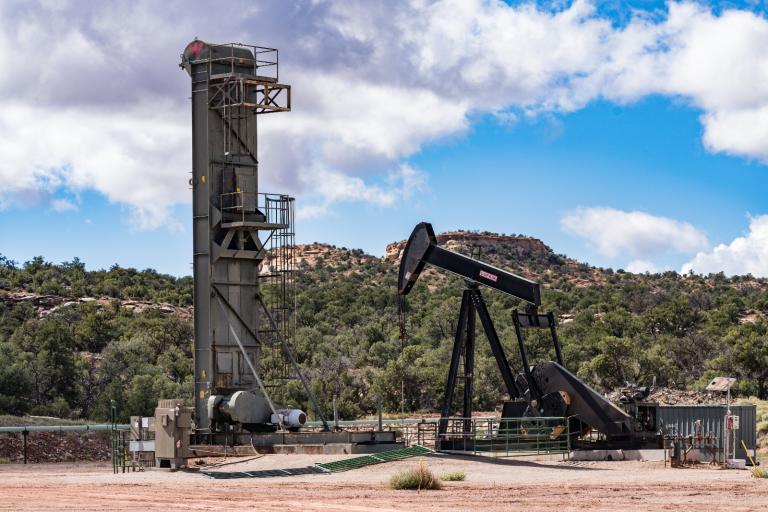Cornell’s Global Labor Institute issued a big new report [PDF] this morning examining the proposed Keystone XL pipeline, the most comprehensive look yet at its economic impact. And it makes clear just how right President Obama was to block this boondoggle: It would make money for a few politically connected oil companies, but at a potentially staggering cost to the American economy.
For once economists looked at the whole effect of the project. Unlike studies paid for by the TransCanada pipeline company that purported to show thousands of jobs created (a number since walked back to “hundreds” of permanent positions even by company spokespeople), this study asks: What happens when there’s a spill?
Not if there’s a spill. There’s going to be a spill — the smaller precursor pipeline recently built by TransCanada spilled at least 14 times in its first year of operation, once spewing a geyser of tar-sands oil 60 feet into the air. In fact, the new Cornell report estimates that we can expect 91 significant spills over the next half century from Keystone, in large part because the bitumen it would carry south from Alberta is like liquid sandpaper, scouring the steel of the pipe.
And when the spill happens? In 2010, a six-foot gash in a tar-sands pipeline let a million gallons of crude pour into the Kalamazoo River. Fifty-eight percent of people in the area reported adverse health effects from the evaporating oil; the river is still closed; clean-up costs are likely to be higher than $700 million. The pipeline’s owner had to buy out more than a hundred homes and relocate the residents. Multiply by 91.
And remember that the Keystone XL pipeline would cross the Ogallala Aquifer, source of 30 percent of the nation’s irrigation water, not to mention many of its farming jobs. The six states the pipeline would run through would together reap about 20 permanent jobs from Keystone XL; together those states employ more than half a million farmers. Do the math. And then remember something else: Renewable energy jobs are growing at twice the rate of the rest of the economy. If a wind turbine topples over, that’s bad news, but it doesn’t turn the aquifer black.
Here’s a new video from NRDC about the Kalamazoo spill:




